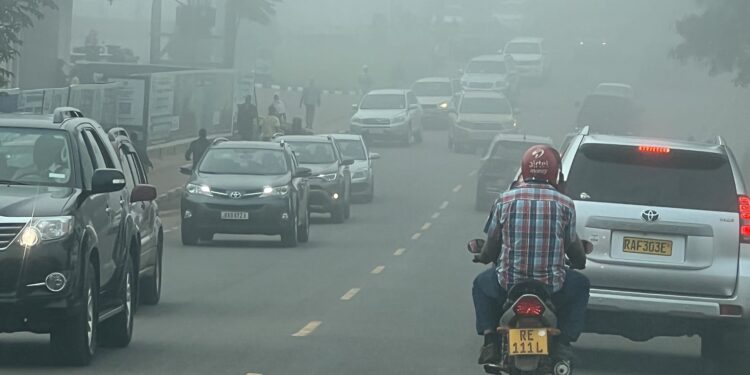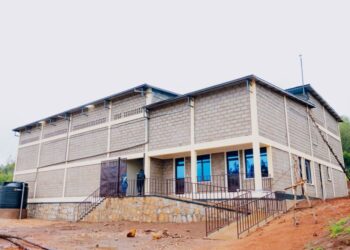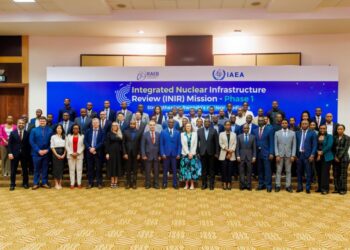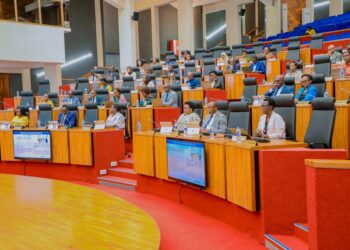In a country where rapid urbanization has brought more cars onto the roads than ever before, Rwanda is taking a bold step to confront one of its most pressing environmental threats: air pollution.
Starting August 25, all fuel-powered vehicles must undergo mandatory emissions testing, part of a government campaign to tackle toxic exhaust fumes that experts say are silently choking Rwanda’s cities.
The new ministerial order, issued by the Ministry of Environment and approved by Cabinet, replaces a 2018 regulation with stricter measures designed to cut the amount of soot, smoke, and greenhouse gases released into the atmosphere.
Officials say the initiative is not just about vehicles—it is about safeguarding the health of millions of Rwandans. Studies show that poor air quality is a major cause of respiratory illnesses, especially in children and the elderly. “When you see black smoke rising from a bus or truck, it is not only damaging the engine—it is damaging our lungs and our future,” said Muhoza Amon a Rwanda Environment Management Authority (REMA) official.
While brand-new cars less than two years old and vehicles in transit for short stays will be exempt, the rules will cover nearly every other fuel-powered vehicle on Rwandan roads, from motorcycles to heavy-duty trucks. Cars that fail the test will be required to undergo repairs and return for reinspection, ensuring that polluting vehicles cannot remain on the road unchecked.
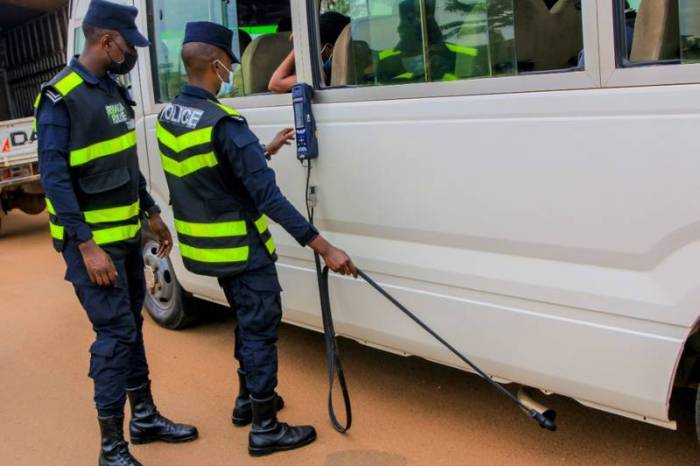
The move comes as Kigali, one of Africa’s fastest-growing cities, grapples with rising traffic volumes. Although Rwanda has invested heavily in green initiatives such as non-motorized transport, bus rapid transit lanes, and tree-planting campaigns, the government acknowledges that tailpipe emissions remain a stubborn source of pollution.
Environmentalists say the testing program could make a visible difference in the quality of air. Cleaner exhaust means fewer airborne particles, less smog, and a significant drop in the carbon footprint of Rwanda’s transport sector. “It may feel like just another inspection to a driver, but collectively it is a powerful tool for fighting climate change and protecting public health,” said Ngarambe Moses, Kigali-based environmental researcher.
For ordinary citizens, the benefits may not be measured in technical reports, but in everyday experiences: clearer skies, fewer asthma attacks, children walking to school without inhaling toxic fumes at every street corner.
The government hopes that by positioning emissions testing as a matter of public health and environmental justice, rather than a bureaucratic hurdle, motorists will see themselves as part of a collective effort to clean Rwanda’s air.
“This is not simply regulation—it is a responsibility we all share,” REMA said in a statement. “Every cleaner vehicle means cleaner air for our families, our neighbors, and generations to come.”


